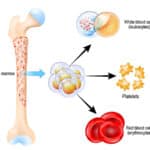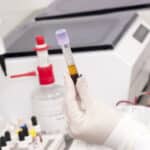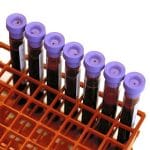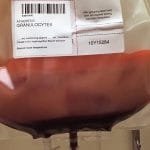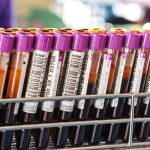by Joe Chaffin | Mar 21, 2016
Glossary Intravascular Hemolysis Near-immediate, potentially catastrophic destruction of red blood cells (RBCs) as soon as incompatible antibodies interact with those RBCs. Intravascular hemolysis is most commonly caused by antibodies that are capable of activating...
by Joe Chaffin | Mar 22, 2016
Glossary Urticarial Transfusion Reaction Also known as a “mild allergic” transfusion reaction, this is one of the most common adverse events reported as a consequence of blood transfusion. Urticarial reactions are reported in roughly 1% of transfusions...
by Joe Chaffin | Mar 22, 2016
Glossary Vasovagal Reaction The most common adverse reaction to blood donation, seen with increased frequency in young donors, first-time donors, and female donors (especially so if all three are true!). Vasovagal reactions result from (prepare for boring physiology...
by Joe Chaffin | Mar 22, 2016
Glossary WBD Platelets “WBD” stands for “whole blood-derived,” and as a result, this term refers to platelets that are obtained from a single whole blood donation (some people also call them “random donor” platelets). This product...
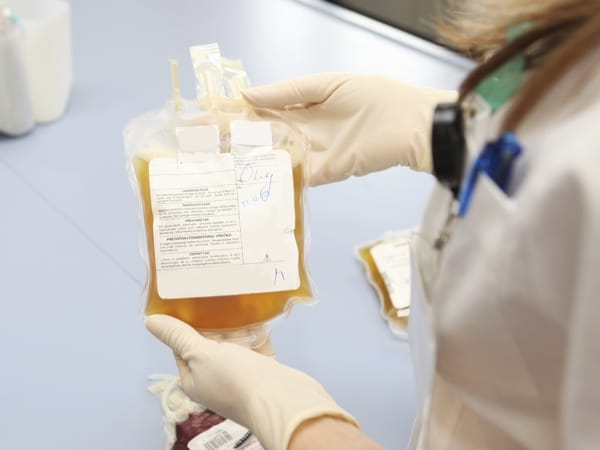
by Joe Chaffin | Mar 30, 2016 | BBGuy Podcast, Blood Products |
In the United States, for the last 10-15 years, “platelet transfusion” means “apheresis platelet transfusion.” Whole blood-derived platelets are used far less often, but Mark Yazer thinks that is a BIG mistake! Dr. Mark Yazer from the Institute...





